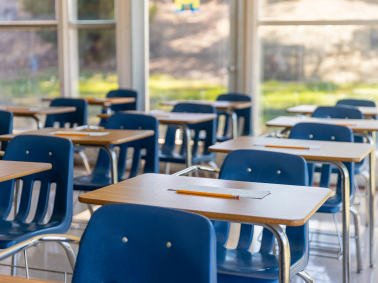Building Stronger Futures: Why Schools and Social Care Services Must Work Together
At Advanced Child Care Assessments (ACCA), the key to lasting, meaningful change in children’s lives lies in the strength of professional partnerships, particularly between social care services and schools. As the landscape of education and care continues to evolve, schools are increasingly on the frontlines of identifying children needing support, and it’s only through close collaboration with social care teams that a real impact can be made.
The Case for Collaboration
Children don’t experience life in silos, and neither should the professionals who support them. Whether tackling barriers to education, responding to safeguarding concerns, or helping families in crisis, a joined-up approach between schools and social care ensures faster responses, more cohesive planning, and, ultimately, better outcomes.
Embedding social workers within schools or simply improving day-to-day communication can significantly reduce intervention delays. Early identification of concerns, direct access to support, and collaborative decision-making help prevent situations from escalating while keeping the child at the centre.
Learning from the SWIS Model
The Social Workers in Schools (SWIS) programme is a standout example of effective collaboration. Evidence from early pilots showed a measurable reduction in formal child protection enquiries when social workers were based within schools. These professionals could intervene earlier, support staff with safeguarding processes, and develop stronger relationships with families.
This model mirrors our ethos at ACCA: child-centred, strengths-based, and grounded in practical solutions that work in real-time. It also reflects our mission to be more than a reactive service. We want to be proactive partners in change.
How ACCA Supports Schools and Local Authorities
Our Independent Social Workers (ISWs) are experts in child protection, disability needs assessments, EHCP contributions, and parenting capacity evaluations. With a minimum of eight years post-qualifying experience, our assessors bring expertise, insight, and depth of understanding. This is what makes our partnership with schools and education bodies so valuable.
We routinely work alongside Designated Safeguarding Leads, Virtual Schools, and SEND teams to support children whose educational journey is affected by wider social care needs. Whether we contribute to EHC needs assessments or provide expert analysis in complex safeguarding cases, our role is to bring clarity, objectivity, and a holistic perspective.
We also offer tailored training for school staff, supporting teams in recognising early indicators of risk, navigating safeguarding thresholds, and engaging effectively with the care system.
The Benefits of True Partnership
By working together, education and social care professionals can:
- Improve attendance and reduce exclusions
- Respond more quickly to safeguarding concerns
- Reduce referral bottlenecks and waiting times
- Develop consistent, child-focused intervention plans
- Create a culture of aspiration and inclusion for vulnerable children
Looking Ahead
With increasing pressure on schools and care services, it’s more important than ever to pool expertise and resources. At ACCA, we’re proud to be a trusted partner for Local Authorities, schools, and health services. Our goal is to strengthen the systems that surround children—not just react to their problems.
We’re here to ensure that every assessment is compliant, evidence-based, timely, compassionate, and part of the bigger picture. When schools and social care services work together, the results speak for themselves: safer environments, stronger families, and children who can thrive.



